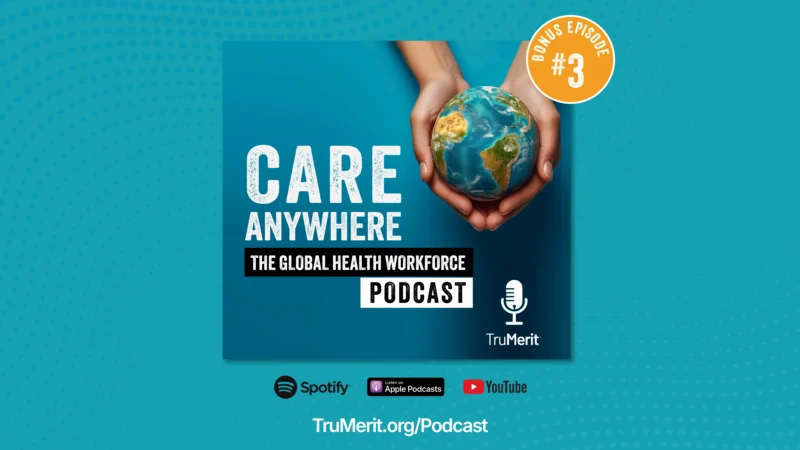Why is Gen Z Far More Open About Mental Health Issues?
Mental health is finally becoming a mainstream topic. It’s no longer a secret or a shame to have struggles. This openness is far more prevalent in Gen Z. According to the Stress in America Report, Gen Z is most likely to report mental health issues and seek treatment for them. Younger people have also felt a bigger impact on young people, with 62.9% of 18- to 24-year-olds reporting symptoms of anxiety or depression in a 2020 CDC survey, the highest of any age group.
Why does Gen Z appear to be far more open to speaking about mental health issues than previous generations?
“Gen Z is more open to talking about mental health for many reasons. This is the ‘nothing is private’ generation, and they’ve grown up in an era where they are used to people disclosing what was private. So they have the vocabulary to talk about it.”
Dr. Springer also noted that public examples of admired individuals are empowering Gen Z, from Lady Gaga to Simone Biles to Michael Phelps.
“Social media also plays a huge role as a connector to help people find their tribe. They don’t feel isolated because others are experiencing the same things.”
Destigmatizing mental health, however, is only part of the battle. “It gets people in the door, but we still need effective treatment plans. There are innovative biological treatments for trauma that when combined with therapy can provide lasting positive gains for those suffering.”
Another reason why there is more candor and acceptance of mental health struggles is that the world is enduring a shared trauma with the pandemic. “It’s no longer this abstract concept. It’s a universal struggle. And it’s not just the pandemic. There are wildfires and political division. Trauma affects all of us.”
Follow us on social media for the latest updates in B2B!
Twitter – @MarketScale
Facebook – facebook.com/marketscale
LinkedIn – linkedin.com/company/marketscale









